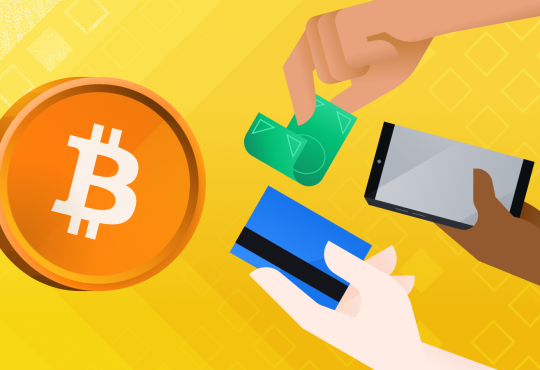
Smart Contracts in Gambling: The Future of Fair Play
In recent years, the rise of blockchain technology has disrupted various industries, and gambling is no exception. Smart contracts, powered by blockchain, have revolutionized the way gambling platforms operate, offering a transparent and secure environment for players. This article explores the concept of smart contracts in gambling and how they shape the future of fair play.
What are Smart Contracts?
Smart contracts are self-executing contracts with terms written directly into lines of code. They automatically execute predefined actions when specific conditions are met. These contracts eliminate the need for intermediaries, as the blockchain network verifies and enforces the terms of the contract. By leveraging cryptographic technology, smart contracts provide transparency, security, and immutability to transactions and agreements.
The Benefits of Smart Contracts in Gambling
Smart contracts bring several advantages to the gambling industry, enhancing the fairness, transparency, and security of the ecosystem. Some key benefits include:
Transparency: Smart contracts ensure transparency by recording every transaction and action on the blockchain, making it accessible to all participants. This level of transparency eliminates any concerns regarding cheating or manipulation as everything is verifiable and visible to everyone.
Security: With smart contracts, the risks of fraud and tampering are significantly reduced. The decentralized nature of the blockchain network and the immutability of data make it practically impossible to alter or manipulate the outcome of a game or transaction.
Trust: By eliminating the need for intermediaries, smart contracts establish a trustless environment. Players can be confident that the rules of the game will be followed, and there won’t be unexpected changes or disputes as everything is predetermined in the code.
Efficiency: Smart contracts automate various processes, eliminating the need for manual intervention. This automation leads to faster, more efficient transactions and payouts, reducing the time players have to wait to receive their winnings.
Use Cases of Smart Contracts in Gambling
Smart contracts find applications in several aspects of gambling, revolutionizing traditional gambling practices. Some notable use cases include:
Decentralized Casino Platforms
Traditional online casinos often face issues of trust and transparency, leading to player skepticism. Smart contracts enable the creation of decentralized casino platforms that offer provably fair games. These platforms leverage the transparency and security of blockchain to provide a trustworthy gambling experience where players can verify the fairness of each game.
Automated Payouts
Smart contracts automate the payout process, eliminating the delays and uncertainties associated with manual processing. When predefined conditions are met, such as a winning bet, the smart contract automatically executes the payout without the need for any human intervention. This ensures fast and accurate payouts, enhancing the overall player experience.
Escrow Services
Smart contracts can act as escrow services, holding funds until specific conditions are fulfilled. In gambling, this can be utilized to create trust between players in peer-to-peer betting scenarios. The contract ensures that the funds are released to the rightful winner, avoiding any disputes or fraudulent activities.
Decentralized Prediction Markets
Prediction markets allow individuals to speculate on the outcome of various events, such as sports games or political elections. With smart contracts, these markets can be decentralized, ensuring fairness, transparency, and accurate payout distribution. Participants can trade and place bets directly on the blockchain, removing the need for intermediaries.
The Challenges Ahead
While smart contracts have the potential to revolutionize gambling, a few challenges need to be overcome. Scalability remains a significant hurdle as blockchain networks struggle to handle a high volume of transactions at a fast pace. Additionally, regulatory frameworks around the world need to catch up to these technological advancements to ensure compliance and protect players’ rights.
Conclusion
Smart contracts in gambling offer a glimpse into the future of fair play. With transparency, security, and efficiency at the core, these contracts redefine the gambling experience. While challenges exist, the benefits of smart contracts in gambling far outweigh them. As blockchain technology continues to evolve, smart contracts are likely to become the standard across gambling platforms, ensuring a trustworthy and enjoyable environment for all players.


